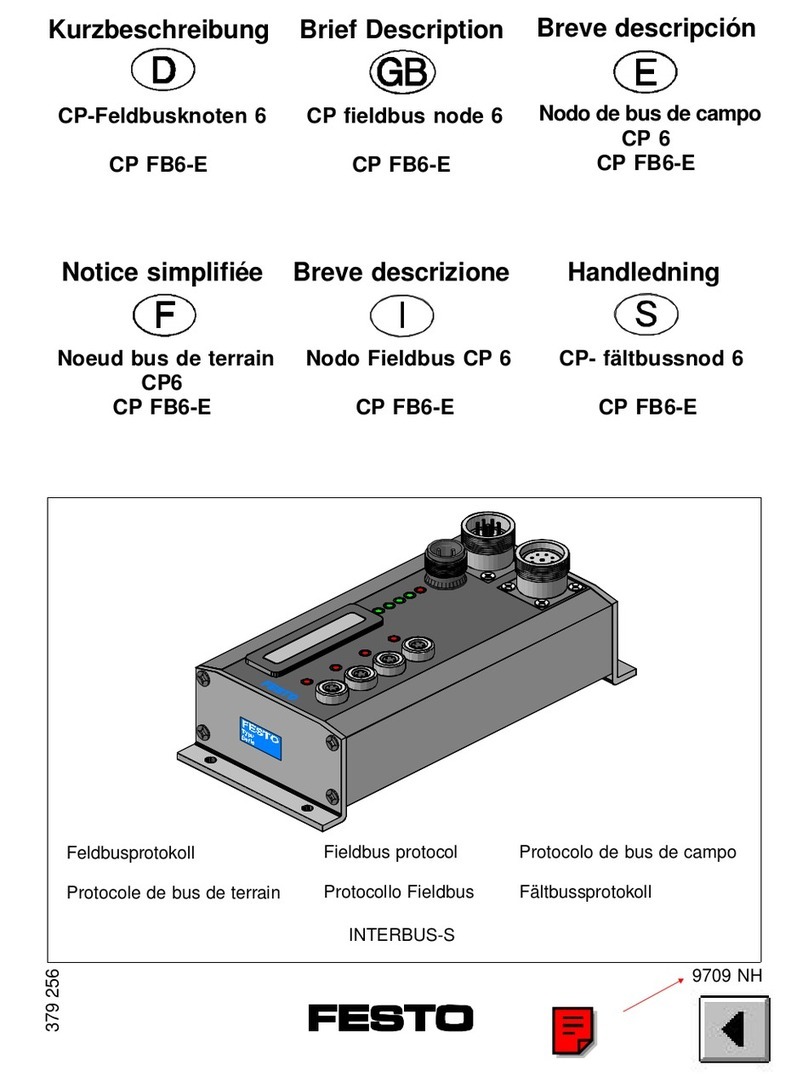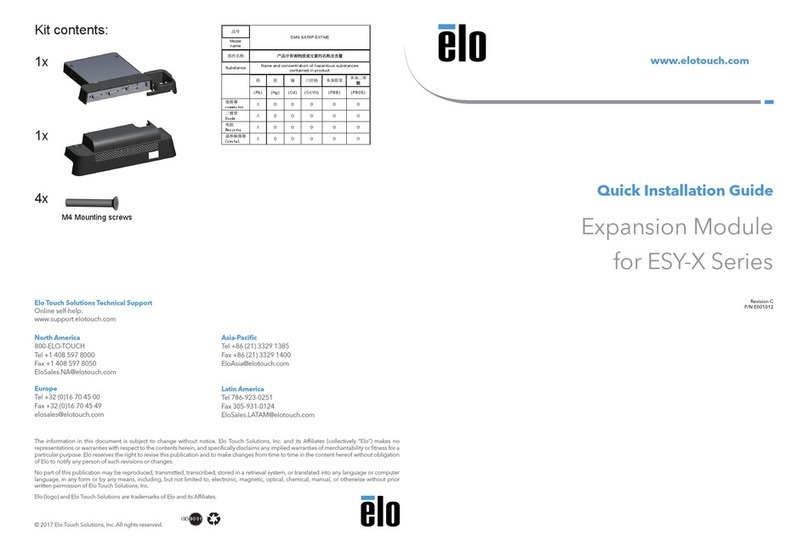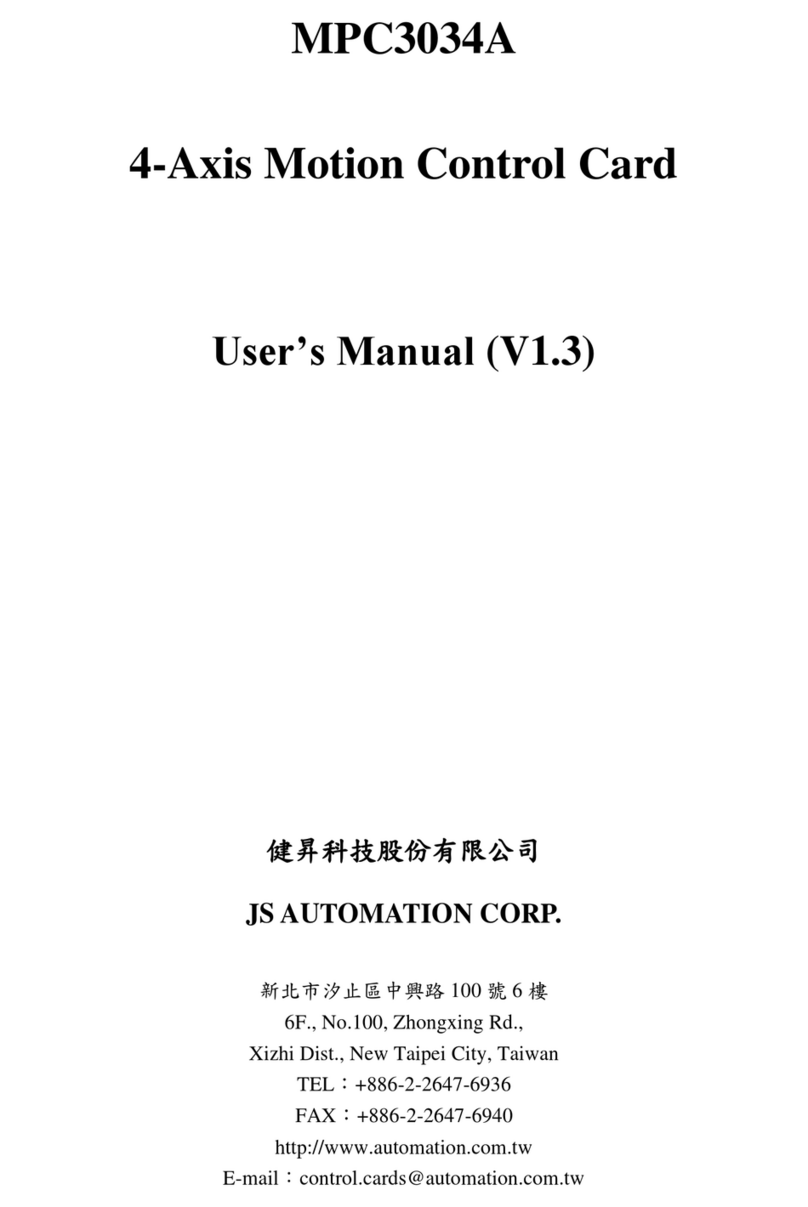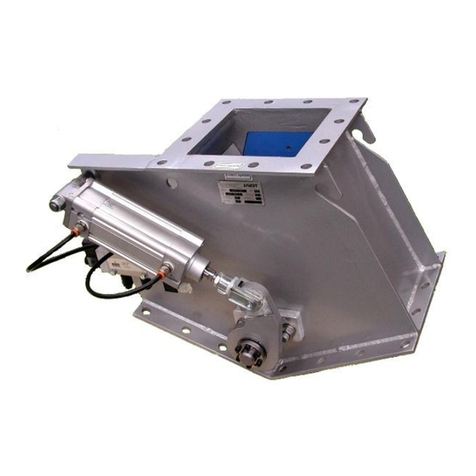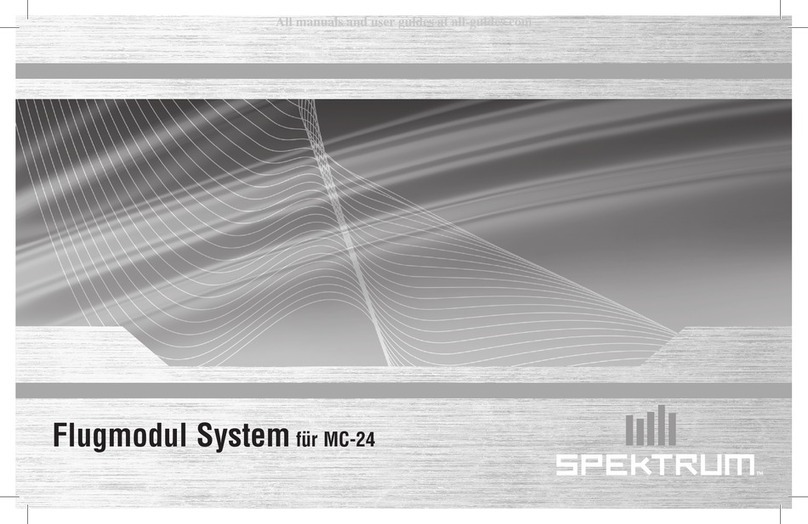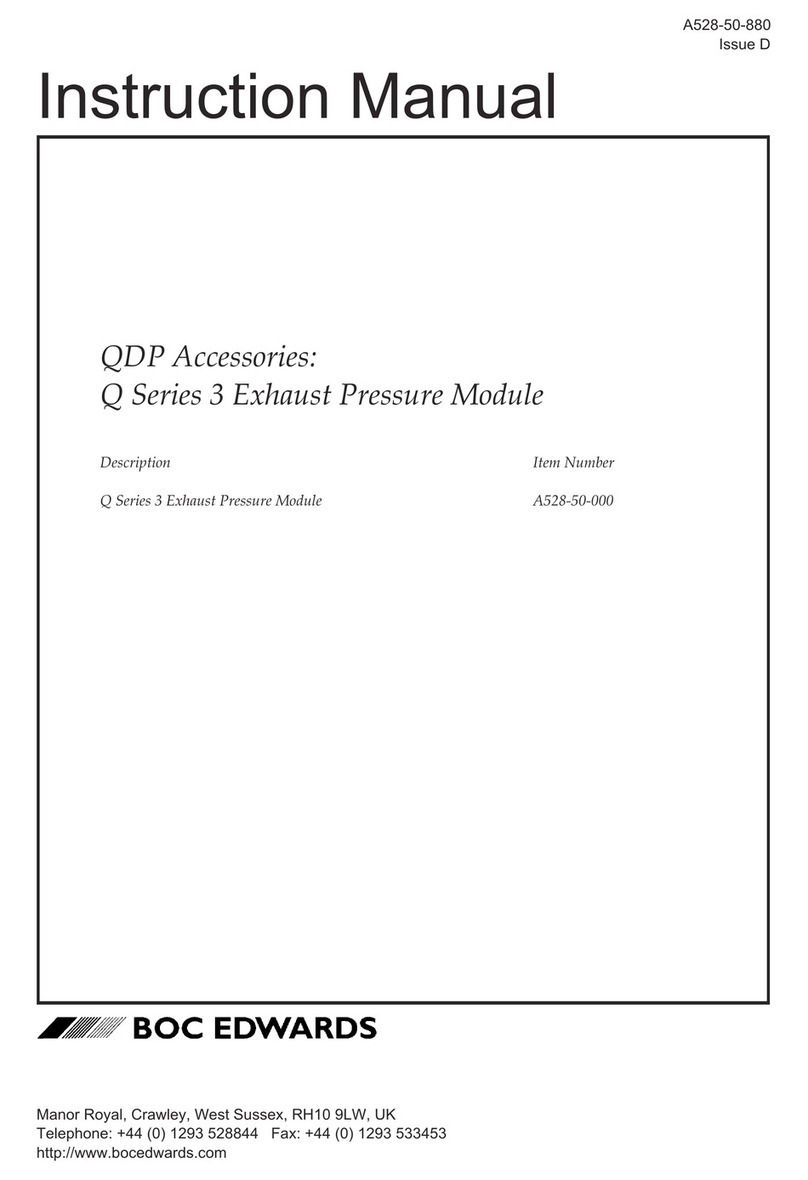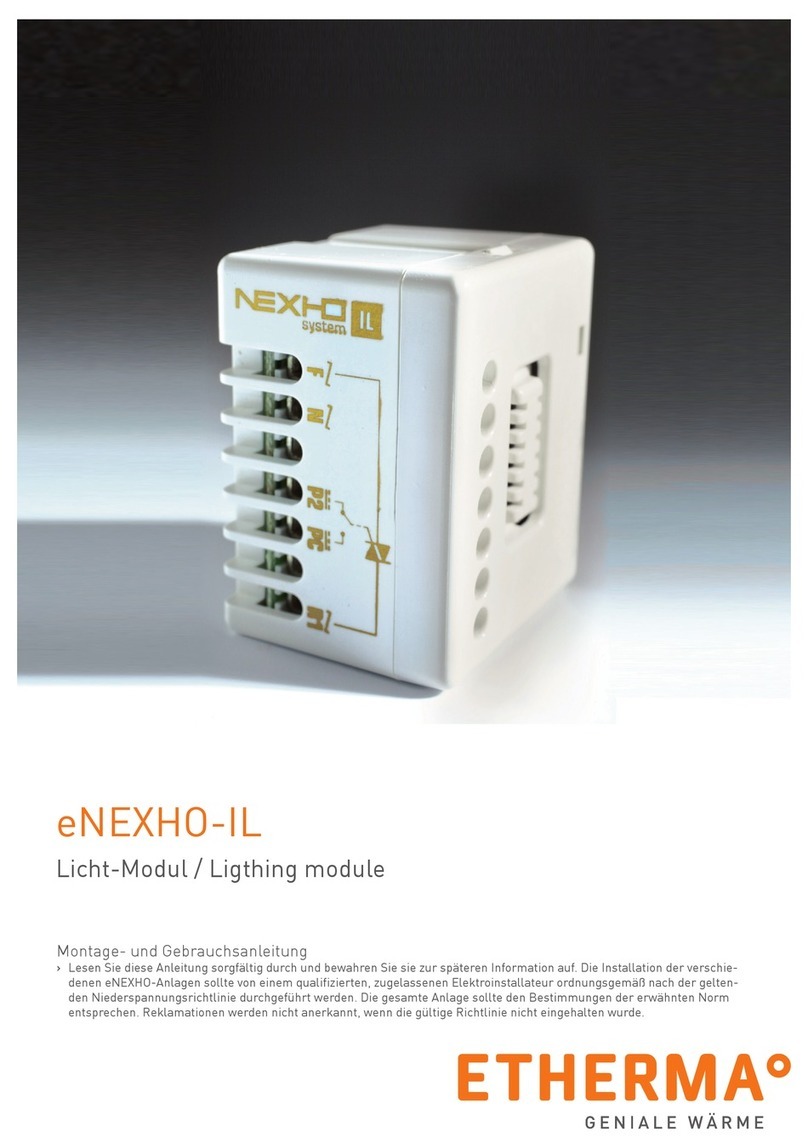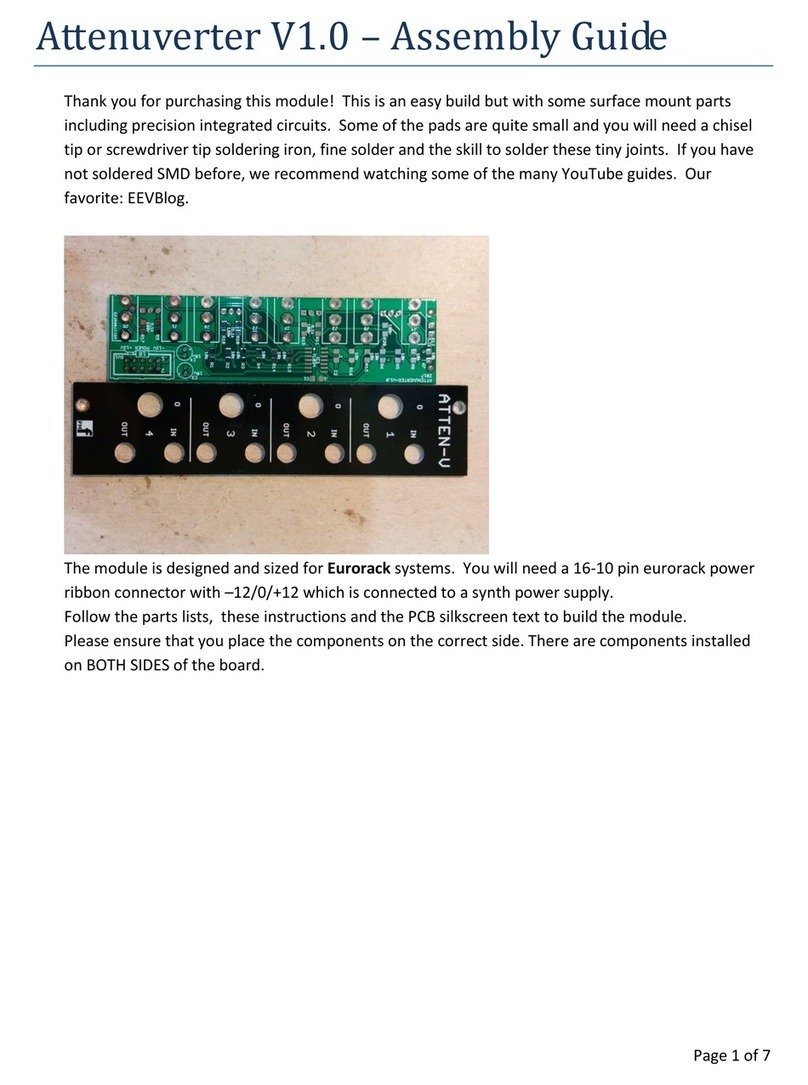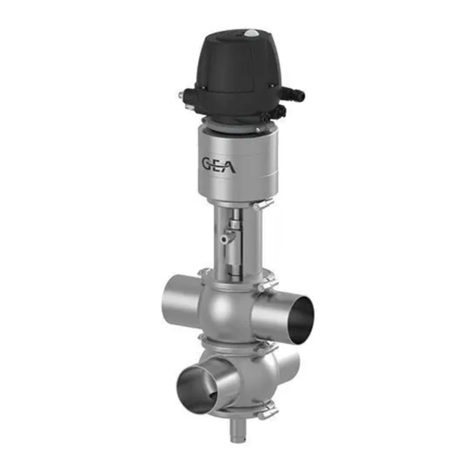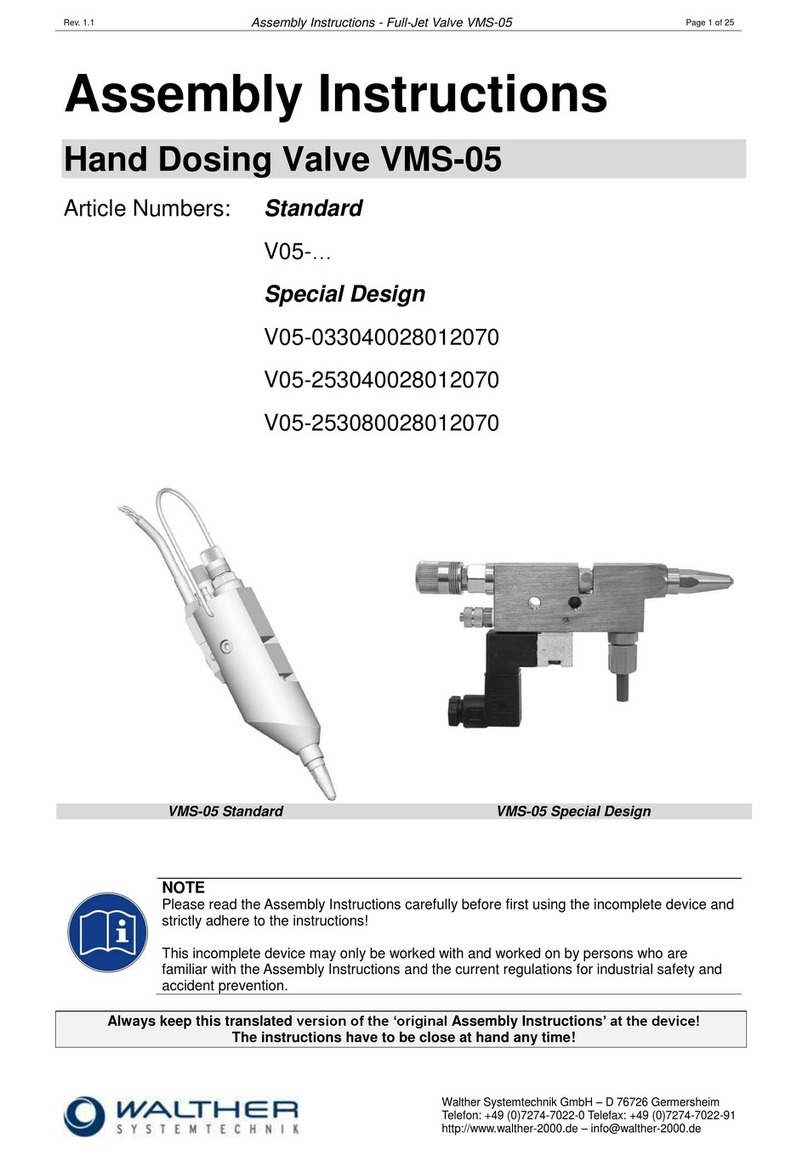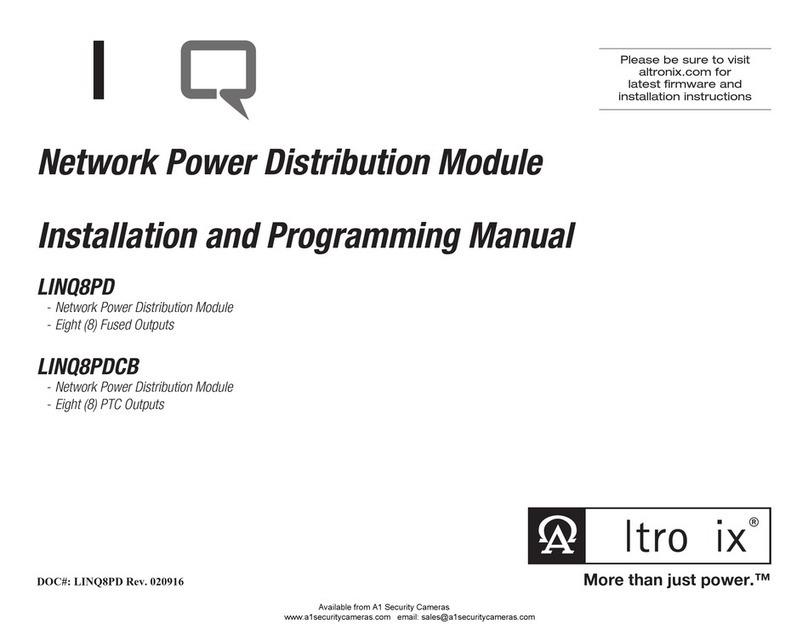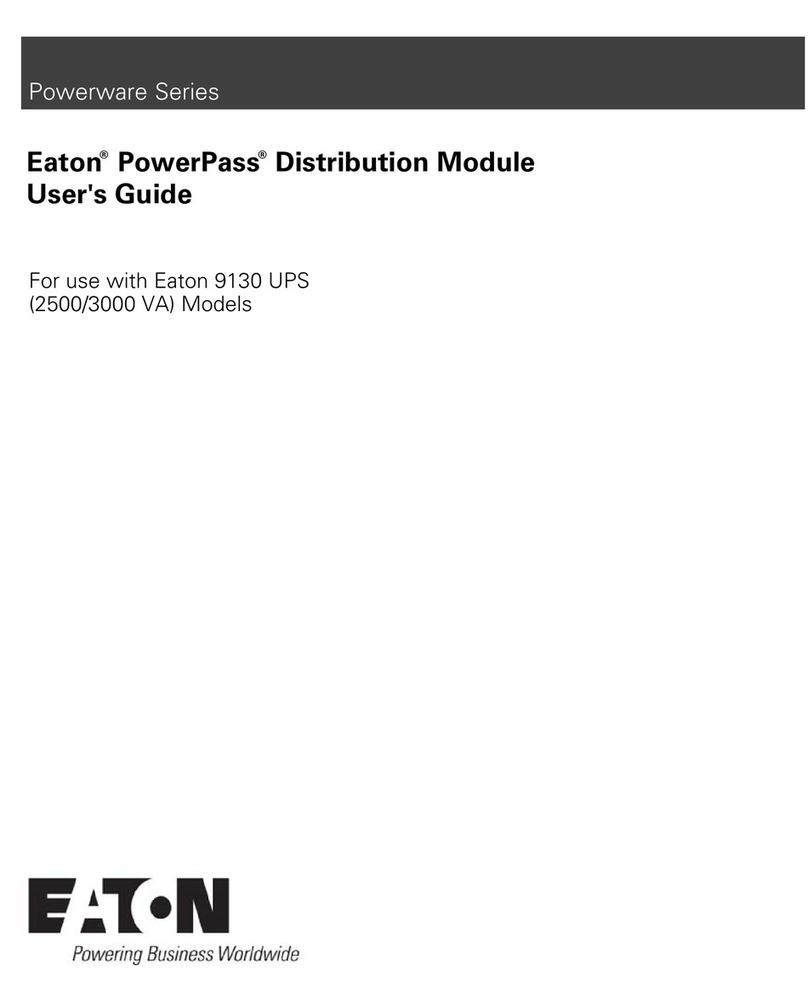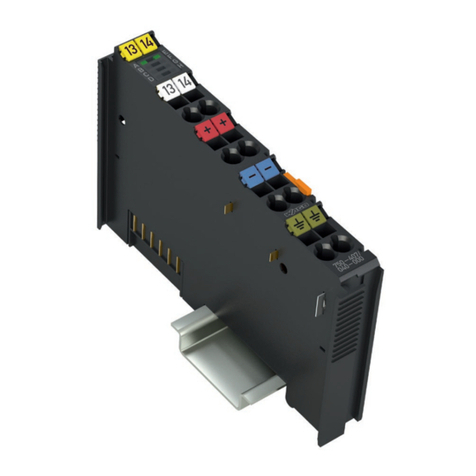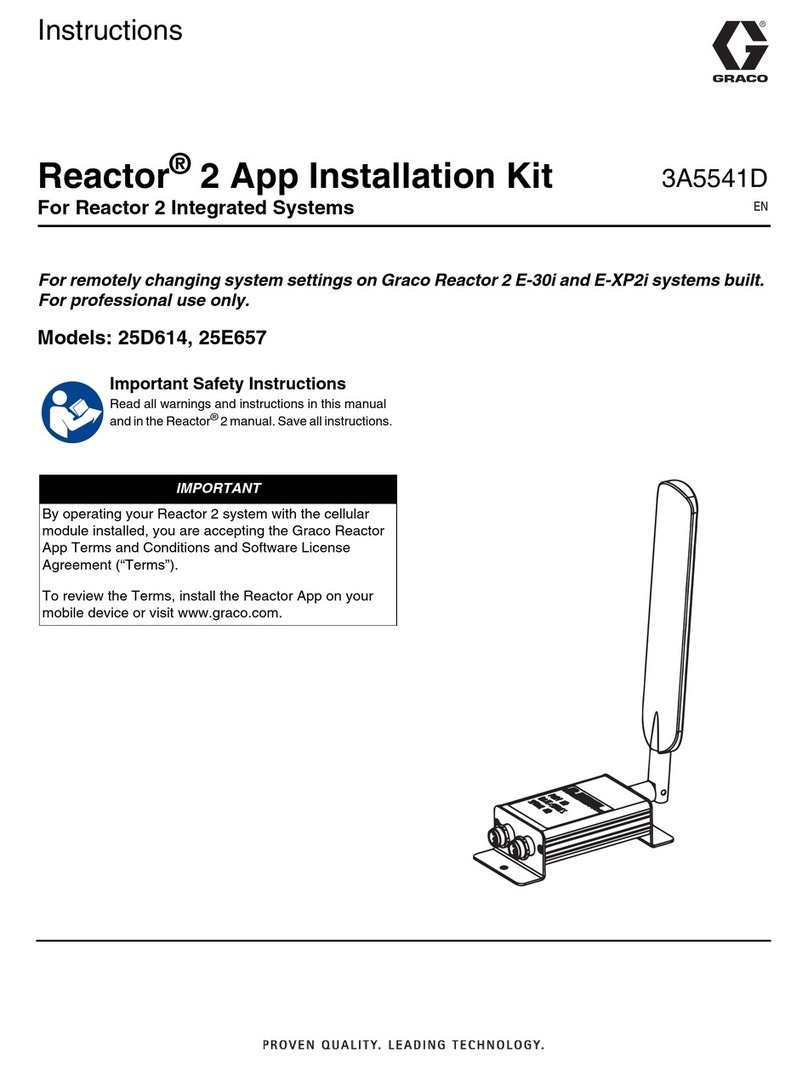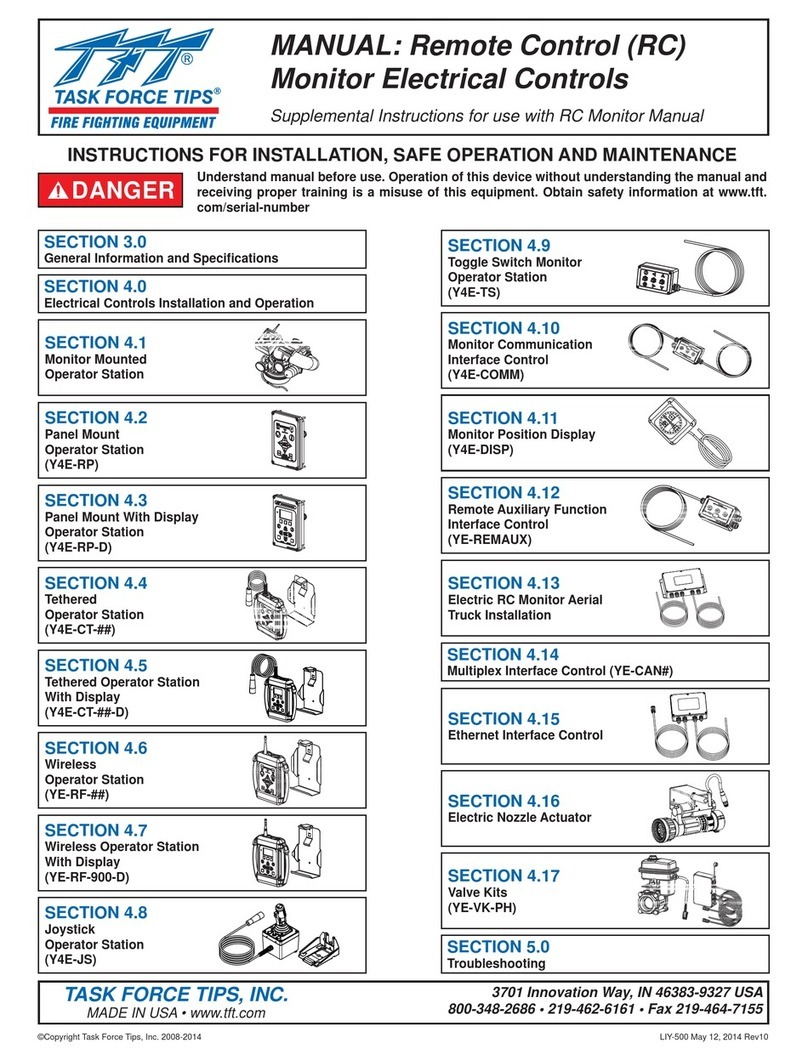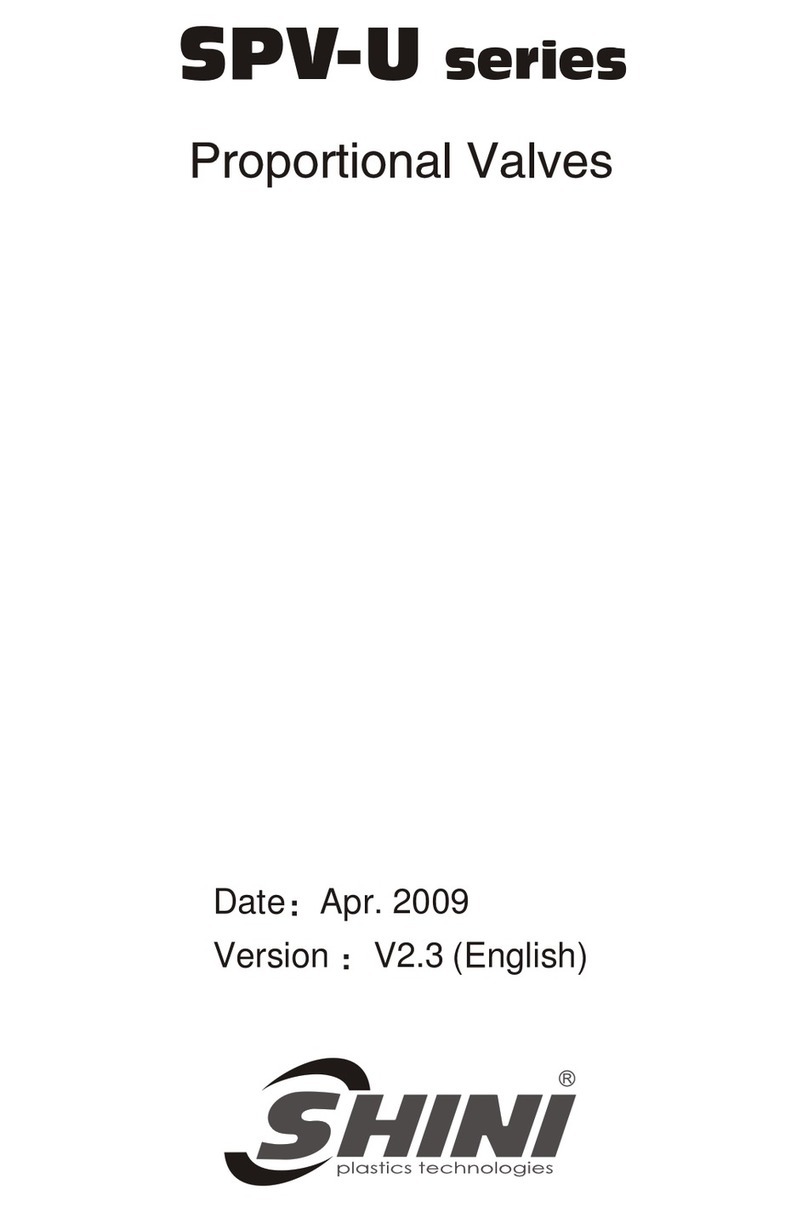
3. OPERATION
To turn off a light with the control panel:
1. Press the device number button on the control panel, i.e. pressing 1
will turn off device 1, pressing 2 will turn off device 2.
2. You will hear [Device X Off], where X is the device number.
3. You will also see the PROG LED flashing, indicating the control
panel is sending out the wireless signal to control the specific
device.
4. If the receiver receives the signal, the control panel will announce
[Device Off Accepted].
To turn on a light with the control panel:
1. Press the number below the device number that you would like to
turn on, i.e. pressing 6 will turn on device 1, pressing 7 will turn on
device 2.
2. You will hear [Device X On], where X is the device number.
3. You will also see the PROG LED flashing, indicating the control
panel is sending out the wireless signal to control the specific
device.
4. If the receiver receives the signal, the control panel will announce
[Device On Accepted].
To erase a control module from the control panel, please refer to
theAAA+TM User’s Instructions.
4. ERASE CONTROL MODULES
5. CAUTION
RISK OF ELECTRICAL SHOCK. FOR INDOOR USE ONLY.
CAUTION : NOT FOR USE WITH DIMMER.
DISCONNECT POWER BEFORE CODE SETTING.
REPLACE COVER AFTER CODE CHANGING.
Maximum Rating :
Input : 120VAC 60Hz
Resistive load : 8A (960W)
Incandescent : 300 watts
Motor Load : 1/3 HP
6. OTHER AAA+TM ACCESSORIES
TheAAA+TM control panel can work with different accessories include:
Garage door monitorTM sensor, Indoor/outdoor motion sensor, Audio
sensor, Remote control, Audio Alarm, etc. Please visit
more information of how to fully utilize your AAA+TM controlpanel.
8. WARRANTY
If, within one year from date of purchase, this product should become
defective (except battery), due to faulty workmanship or materials, it will
be repaired or replaced, without charge. Proof of purchase and a Return
Authorization are required.
This device complies with Part 15 of the FCC Rules. Operation is subject to the
following two conditions: (1) This device may not cause harmful interference, and
(2) This device must accept any interference received, including interference that
may cause undesired operation.
WARNING:
Changes or modifications to this unit not expressly approved by the party
responsible for compliance could void the user’s authority to operate the equipment.
NOTE:
This equipment has been tested and found to comply with the limits for a Class B
digital device, pursuant to Part 15 of the FCC Rules. These limits are designed to
provide reasonable protection against harmful interference in a residential installation.
This equipment generates, uses and can radiate radio frequency energy and, if not
installed and used in accordance with the instructions, may cause harmful inter-
ference to radio communications.
However, there is no guarantee that interference will not occur in a particular
installation. If this equipment dose cause harmful interference to radio or television
reception, which can be determined by turning the equipment off and on, the user is
encouraged to try to correct the interference by one or more of the following measures:
- Reorient or relocate the receiving antenna.
- Increase the separation between the equipment and receiver.
- Connect the equipment into an outlet on a circuit different from that to which the
receiver is connected.
- Consult the dealer or an experienced radio/TV technician for help.
7. FCC
CUSTOMER SERVICE
17 Sheard Avenue, Brampton, Ontario, Canada L6Y 1J3
http://www.skylinkhome.com
P/N. 101A356
©2005 SKYLINK GROUP
If you would like to order Skylink’s products or have difficulty getting them to
work, please :
1. visit our FAQ section at www.skylinkhome.com , or
3. call our toll free at 1-800-304-1187 from Monday to Friday, 9 am to 5 pm EST.
Fax (800) 286-1320
9. CUSTOMER SERVICE
E218064
®
